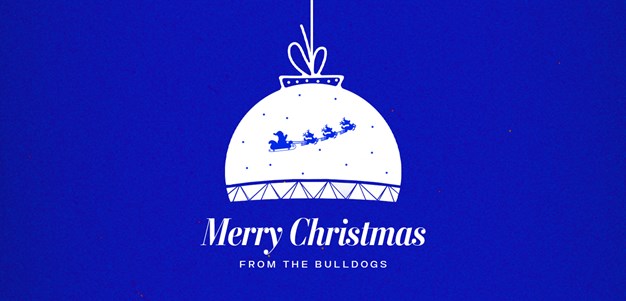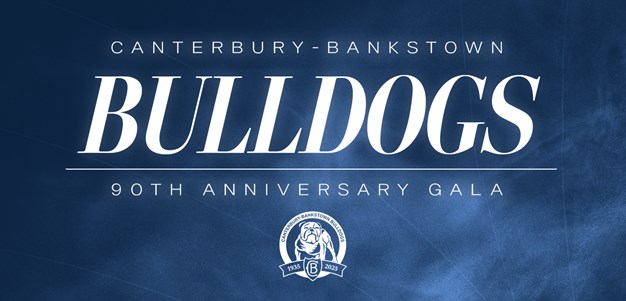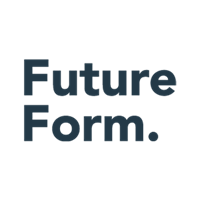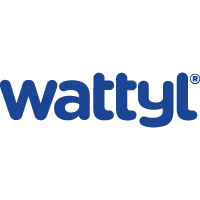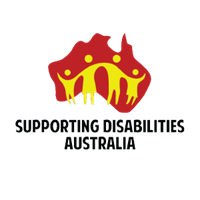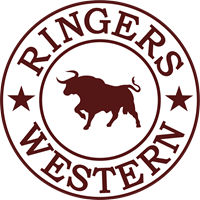
The NRL’s 2020 Indigenous Round will adopt the theme Pass Back. Move Forward. to highlight the importance of understanding and appreciating Indigenous history and culture in order to build a better future.
The focus of Round 12, endorsed by the Australian Rugby League Commission and Australian Rugby League Indigenous Council, will encourage fans to learn about the traditional custodians of the land where they live, and in support of this, all stadiums hosting Indigenous Round matches will include an acknowledgement to local First Nations people as part of their stadium name.
In addition, the draw on www.nrl.com will acknowledge the traditional custodians of the land where each club and venue is based.
Australian Rugby League Commission Chairman Peter V’landys AM said the concept of the Pass Back. Move Forward. campaign was an important reminder to all Australians of the need to understand history, in order to move to a more positive future.
“This Round and this campaign reminds us all of the need for better awareness of Australia’s history to ensure a fairer future for all,” Mr V’landys said.
“Thanks to Commissioner Megan Davis, I have spent time listening to a delegation of our Indigenous players. In fact, I was very disappointed with myself for not being aware of the difficulties and challenges they endured.
“I now have a much better understanding of their issues and I was greatly inspired by their passion and commitment in having a voice for their community. I now hope for the greater community to have awareness of their history and culture. We all have a role to play in educating ourselves about the past so that we may embrace a more inclusive future together.”
Professor Megan Davis said rugby league has been an integral part of Indigenous history and has played an important role in promoting reconciliation, social mobility and inclusion.
“Indigenous Round is the opportunity for rugby league to use its collective voice and raise matters of importance to First Nations people,” Professor Davis said.
“By adopting the theme of Pass Back. Move Forward. we aim to encourage people to increase their awareness and appreciation of Indigenous history so that together, we recognise and challenge racism.”
2020 Harvey Norman Indigenous All Stars captain, Joel Thompson said he, his fellow Indigenous players, and his non-Indigenous teammates want fans to have a better understanding of history and culture to help build a fairer, more equal future for all.
“Just like in a game of rugby league, we need to look back to move forward and win,” Mr Thompson said.
“If we’re aware of our local history and the identity it holds for so many, that’s a great step to improving awareness and understanding.”
The game has also partnered with the Australian Institute of Aboriginal and Torres Strait Islander Studies to house a map* of Indigenous nations on www.nrl.com/indigenousround with fans encouraged to log on and discover the traditional custodians of their local region.
Among other initiatives, all 16 clubs will wear commemorative jerseys for the round, with traditional welcomes to take place prior to each match. The New Zealand Warriors will wear a jersey paying respects to the Maori people, the Indigenous people of Aotearoa.
Along with NRL Indigenous Round and the Harvey Norman Rugby League All Stars week and matches, the NRL is mid-way through delivering its fourth ‘elevate’ Reconciliation Action Plan (RAP) and remains the only national sporting code to reach this level of RAP.
The NRL is also one of many businesses across Australia supporting the Uluru Statement, issued in 2017.
The NRL playing group includes 12% Indigenous players, with close to 20% of junior rugby league players identifying as Aboriginal or Torres Strait Islander.
* AIATSIS map of Indigenous Australia
This map attempts to represent the language, social or nation groups of Aboriginal Australia. It shows only the general locations of larger groupings of people which may include clans, dialects or individual languages in a group. It used published resources from 1988-1994 and is not intended to be exact, nor the boundaries fixed. It is not suitable for native title or other land claims. David R Horton (creator), © Aboriginal Studies Press, AIATSIS, and Auslig/Sinclair, Knight, Merz, 1996. No reproduction without permission. To purchase a print version visit: https://shop.aiatsis.gov.au/
Venues for NRL Indigenous Round - Round 12 **
Dragons vs. Rabbitohs – Netstrata Jubilee Stadium, home of the Bidjigal / Bediagal peoples
Wests Tigers vs. Warriors – Sydney Cricket Ground, home of the Gadigal people
Broncos vs. Sharks – Suncorp Stadium, home of the Yuggera and Turrbal peoples
Roosters vs. Titans – Sydney Cricket Ground, home of the Gadigal people
Cowboys vs. Raiders – QLD Country Bank Stadium, home of the Wulgurukaba peoples
Sea Eagles vs. Panthers – Lottoland, home of the Gayamaygal and Garigal peoples
Bulldogs vs. Eels – ANZ Stadium, home of the Burramattagal and Wangal peoples
Storm vs. Knights – Sunshine Coast Stadium, home of the Kabi Kabi people
** Consultation to identify the traditional landowners (noted below) has taken place with Clubs, Venues, Players, Local Councils, Local Aboriginal Land Councils and Local Community groups. Where traditional custodians have been unclear, we have acknowledged the identified groups. The NRL believe that education on the complexities of traditional ownership is an important part of our past and encourage all Australians to continue these discussions.


